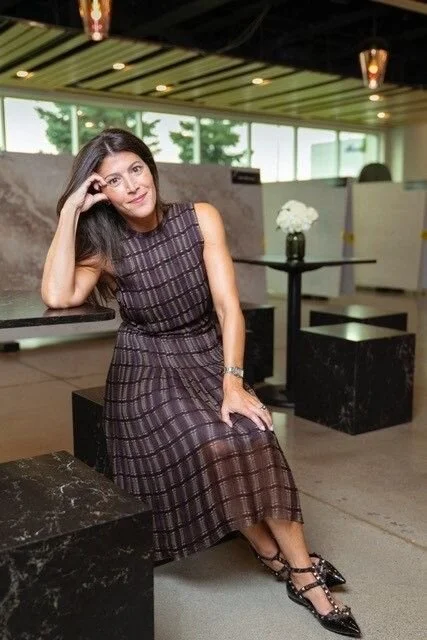![Steelcase, Blu Dot enter distribution deal]()
Office furniture manufacturer Steelcase is now a distributor for Blu Dot, a Minneapolis-based producer of modern home furnishings, lighting and accessories.
In its announcement of the distribution relationship, Steelcase said the move is part of the company's ongoing "commitment to deliver enhanced value and convenience to its customers and dealers."
Steelcase will sell Blu Dot furniture through its distribution network. The core of Steelcase business is to help organizations create great work experiences through understanding worker behavior and creating places to help people think better, feel better and be healthier. Working with Blu Dot expands the company’s breadth in an important and growing category, adding another layer to its ability to service customer needs.
Founded in 1997, Blu Dot offers a wide array of modern home furnishings and accessories including rugs and lighting.
“In the past few years, we have experienced enormous growth in the office segment as companies use our wide collection to personalize their spaces," said John Christakos, Blu Dot CEO. "With Steelcase, we’re able to reach its entire dealer network with convenient tools, ordering platforms and logistics that will make specifying Blu Dot even easier. We couldn’t be more excited about this new relationship.”
Steelcase will make the full Blu Dot product line available through the Steelcase Dealer Network. Dealers will order from Blu Dot and products will ship with Steelcase orders. The process will be managed through the Steelcase order entry and transportation network. Steelcase dealers can begin to order Blu Dot products immediately.

























